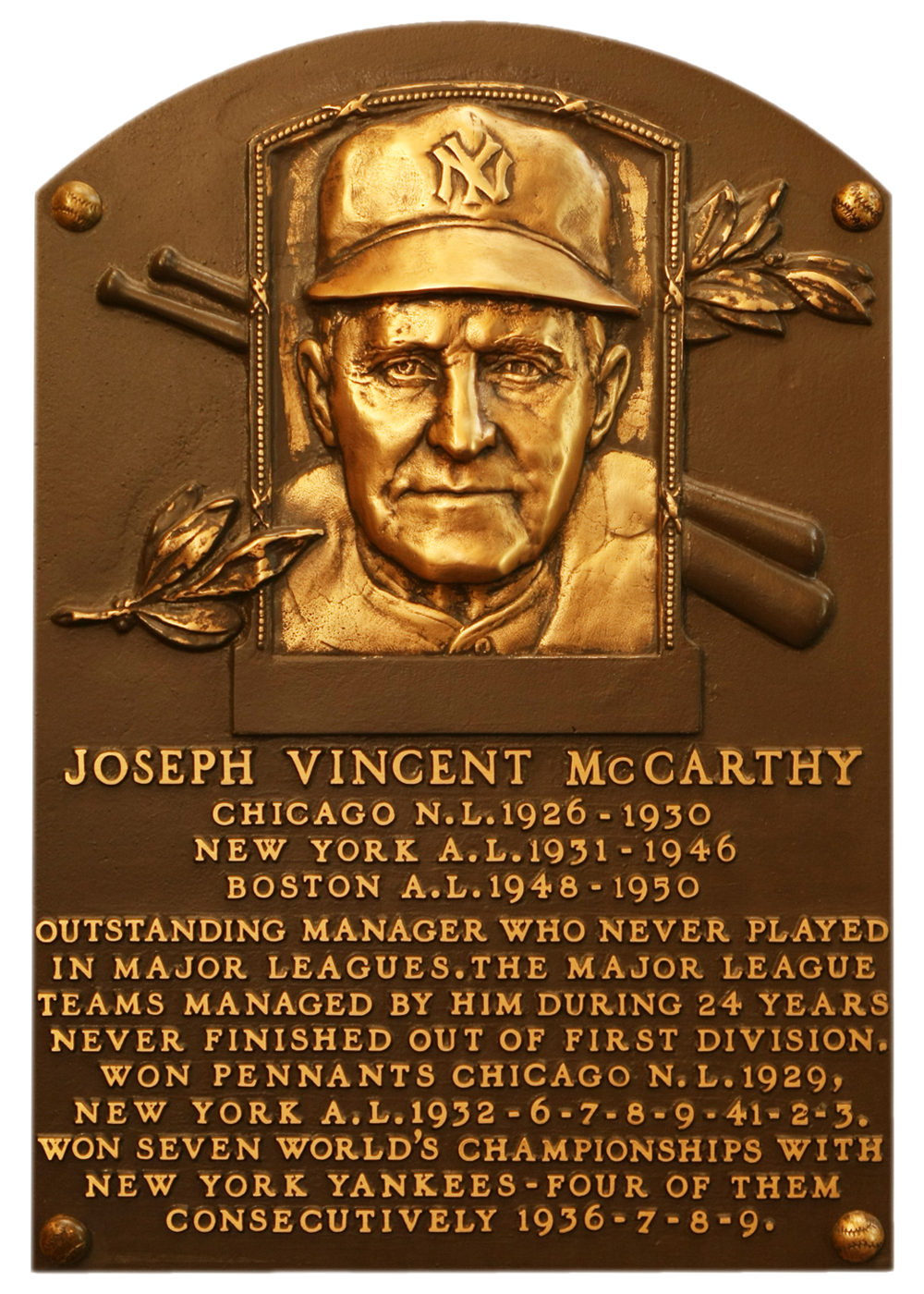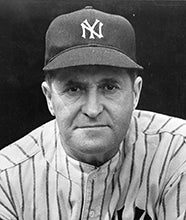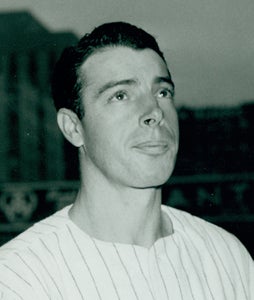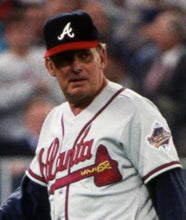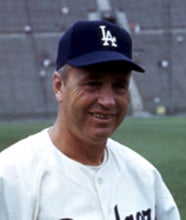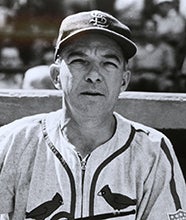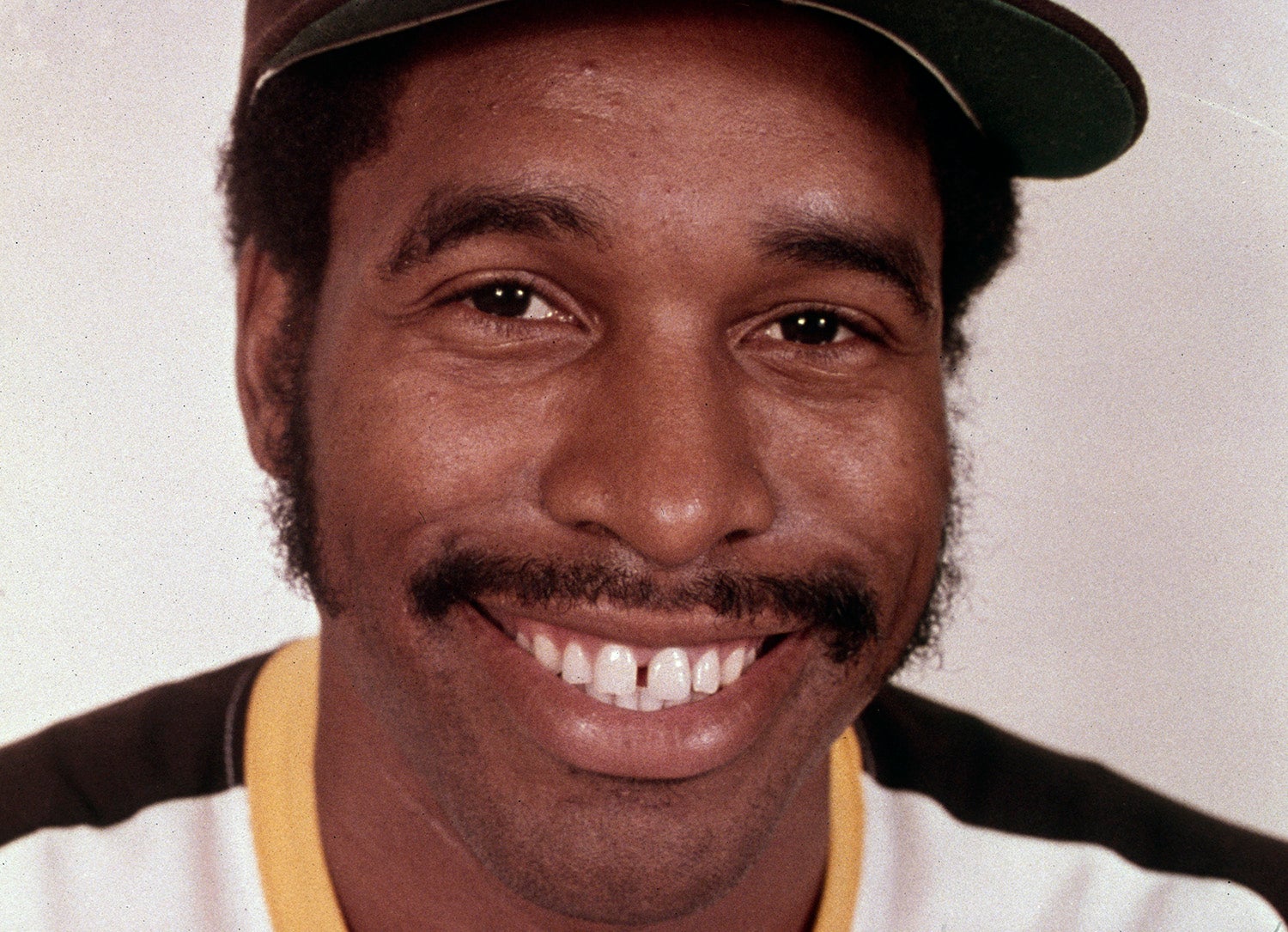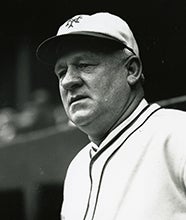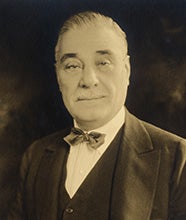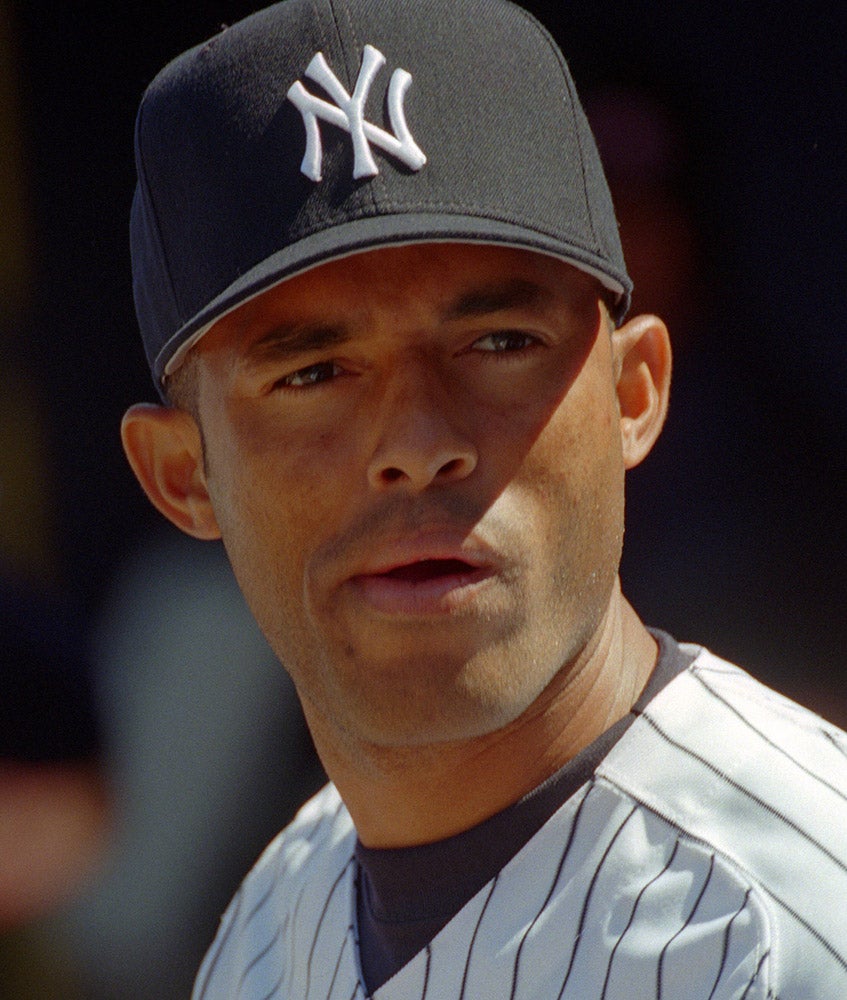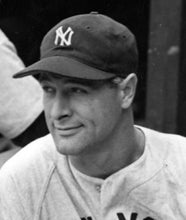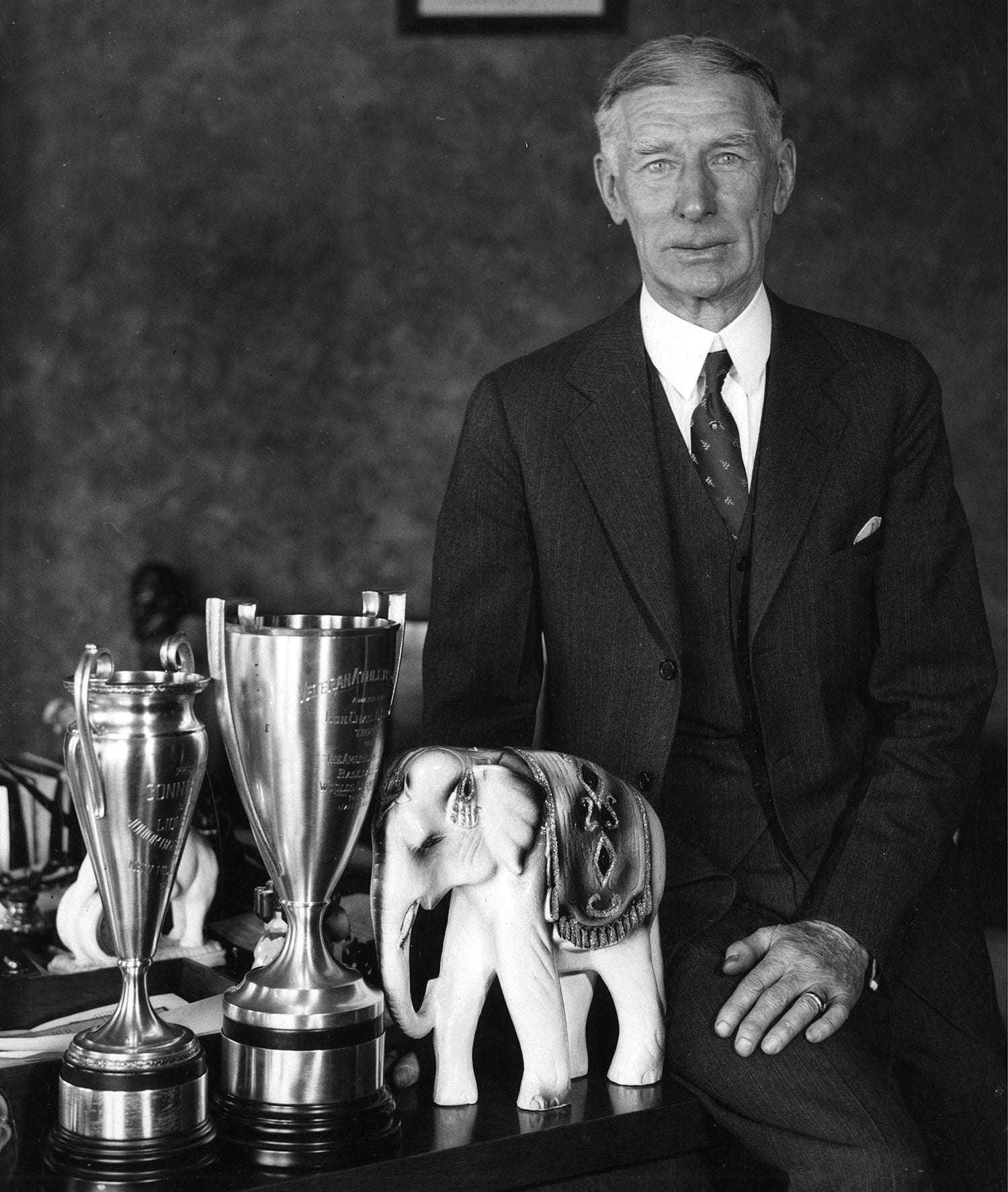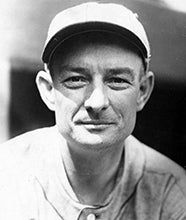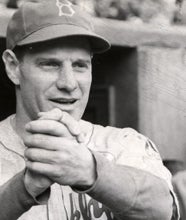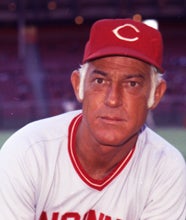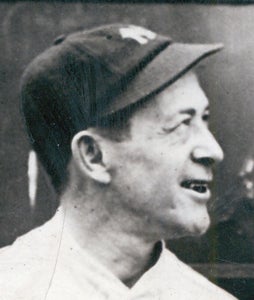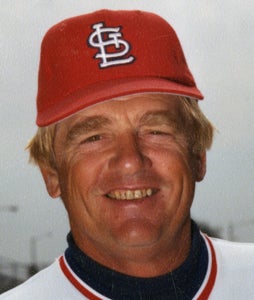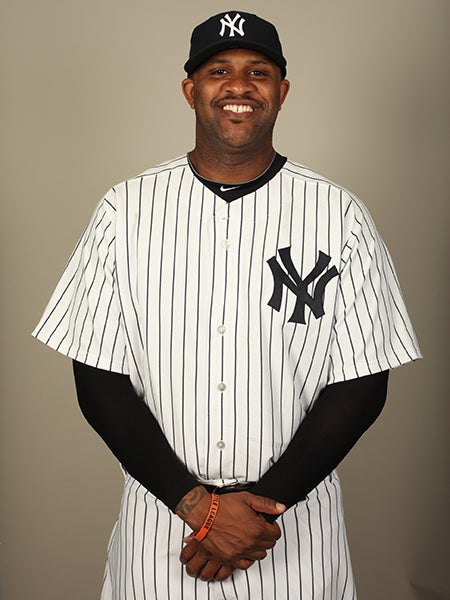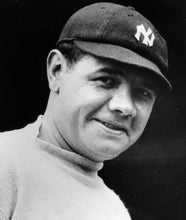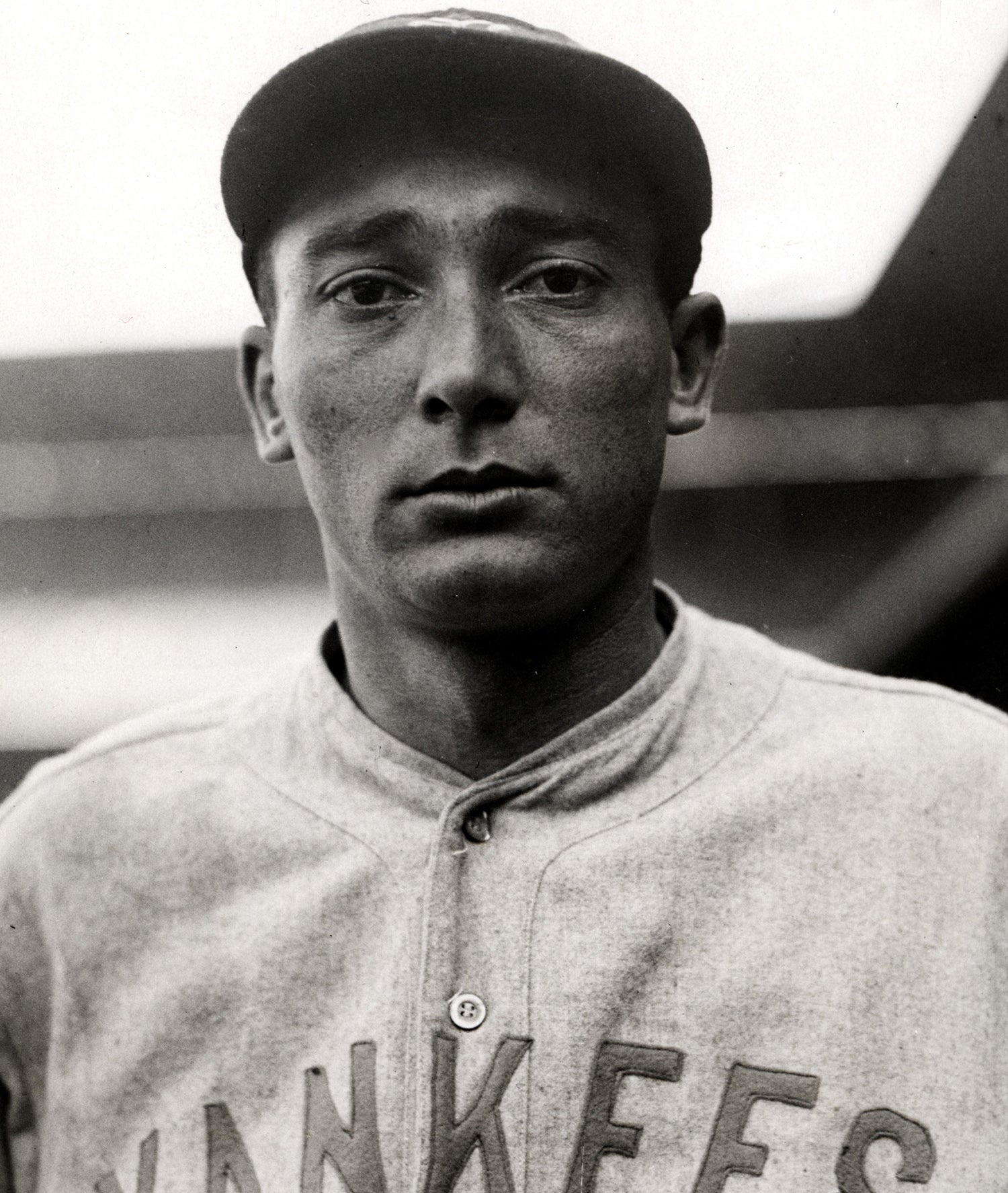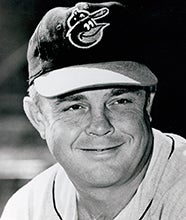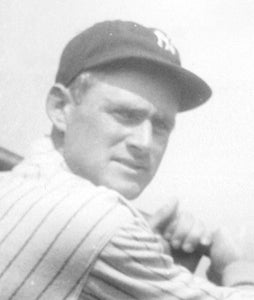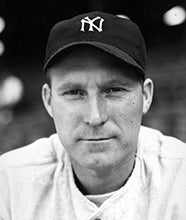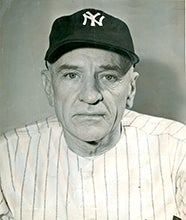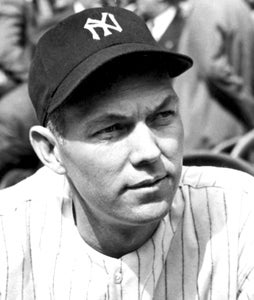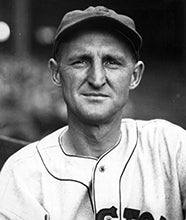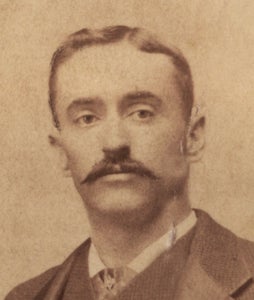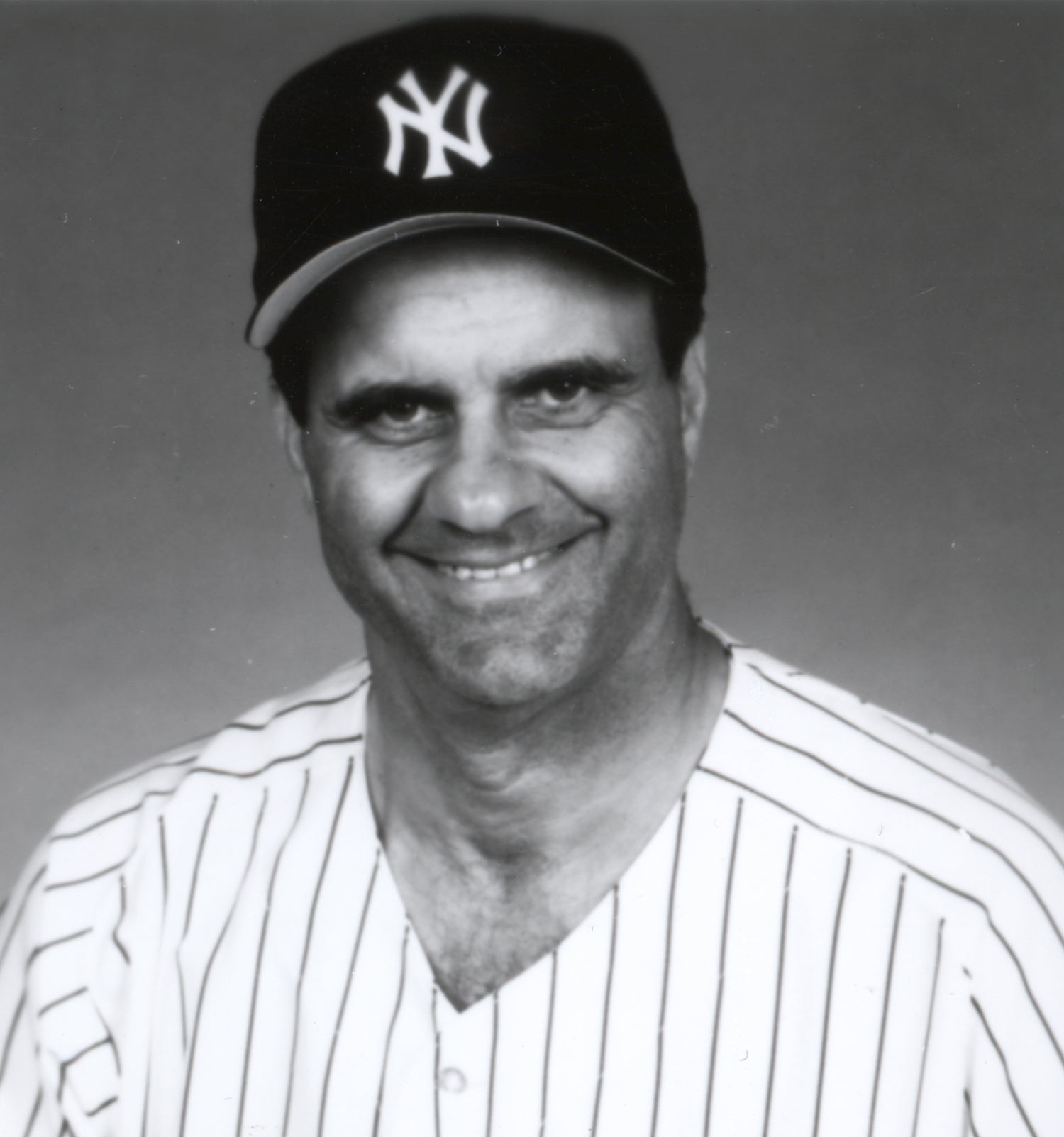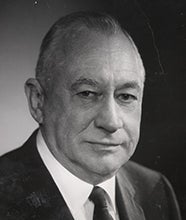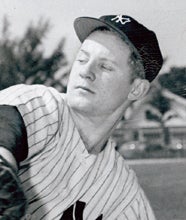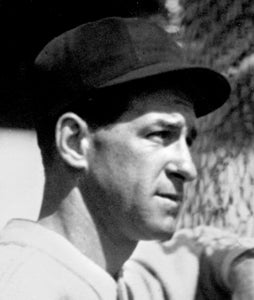"Never a day went by when you didn't learn something from Joe McCarthy." – Joe DiMaggio.
For a man who never played in the major leagues, Joe McCarthy seemed to know more than anyone about how to win in the big leagues. Under his tutelage, the Bronx Bombers ran off one of the most dominant eras of any team in baseball history, winning eight American League pennants and seven World Series titles in a 12-year period – including four straight Fall Classics from 1936-39.
Nicknamed “Marse Joe” – short for “Master Joe” as a reflection of his firm grip on his teams – McCarthy played 15 years in the minor leagues as an infielder but could never break onto the big stage. He began his managerial career with successful minor leagues stints in Wilkes-Barre and then Double-A Louisville before getting his first big league shot with the Chicago Cubs.
In 1926, McCarthy inherited a Cubs squad that had “flopped into the coal hole” the previous season, according to Chicago sportswriter James Enright. In the span of four seasons, McCarthy methodically raised the Cubs from eighth place to the National League pennant in 1929. Chicago lost the 1929 World Series to Connie Mack’s Philadelphia Athletics, and McCarthy’s contract was not renewed after the 1930 season.
After a brief bidding war between the Red Sox and Yankees, McCarthy donned the pinstripes with much fanfare. One New York newspaper wrote: “The coming of McCarthy to New York is one of the biggest achievements of the American League since Colonel Ruppert engaged the late lamented Miller Huggins 12 years ago. McCarthy is a figure of national importance. He is enjoying the friendship and sympathy of millions of fans who want to see him vindicated.”
McCarthy’s strict but fair managerial style paid immediate dividends in New York. He opted not to wear a uniform number and deferred attention as much possible to his star players. As the mantle passed from Babe Ruth to Lou Gehrig to Joe DiMaggio, the Yankees constantly remained on top of the American League standings.
The Bronx Bombers won 94 games in McCarthy’s first season, then followed up with 107 wins and the 1932 World Series title. Over McCarthy’s 15 full seasons on the bench, the Yankees averaged almost 96 wins per season and won nearly 63 percent of their contests. While leading one of the greatest collections of talent the game has ever seen – including Ruth, Gehrig, DiMaggio, Bill Dickey, Lefty Gomez, Tony Lazzeri and Red Ruffing – McCarthy always kept his squad focused with a steady hand and a devotion to professionalism.
“His ballplayers play the part of champions at all times,” wrote the Sporting News. “Their dress and deportment in hotels and on trains was always McCarthy’s concern and so successful were his methods that it was always easy to pick out a Yankee in a crowded lobby, even in Boston.”
McCarthy eventually retired from the Yankees two months into the 1946 season but later returned to manage the Red Sox from 1948-50. He left the game for good in June 1950 with the highest regular-season winning percentage (.615) in history along with a then-record 30 wins in World Series games. McCarthy also holds the Yankees franchise record with 1,460 wins and is tied with fellow Yankees skipper Casey Stengel for the most World Series titles as a manager with seven.
McCarthy was elected to the Hall of Fame in 1957. He passed away on Jan. 13, 1978.

